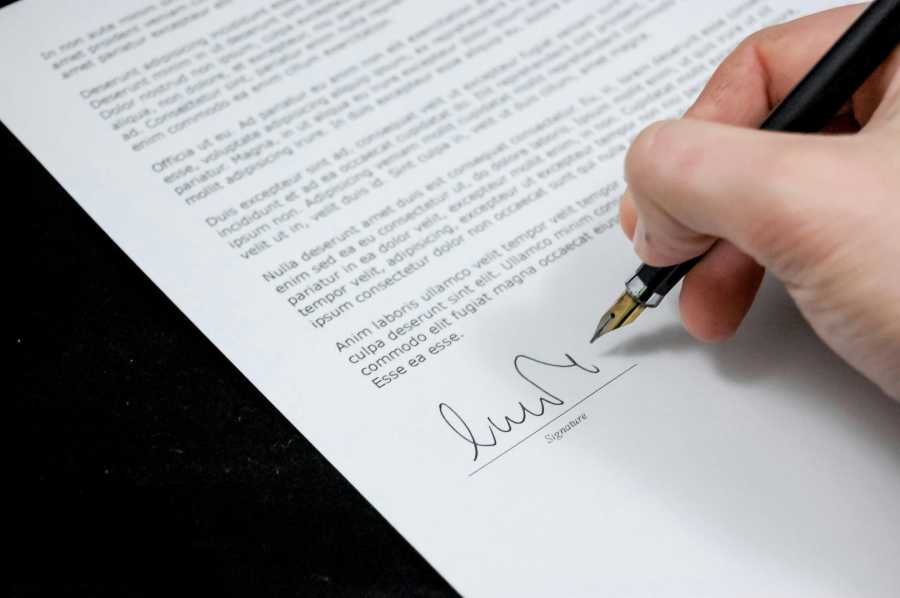How can one ensure the secure sale of a property?
How to Safely Market a Property? Advice on Mitigating Risks

The process of selling property is multifaceted and demands precision and expertise. Besides the technical and legal facets of the deal, sellers encounter several potential risks that, if not managed correctly, can result in financial setbacks or legal repercussions.
Let's explore the primary risks involved in property transactions and ways to diminish them for a secure deal.
Essential Documents and Errors to Avoid
A common misconception is that risks in a transaction solely lie with the buyer due to their substantial investment. However, sellers also carry legal obligations. Neglecting regulations could annul the deal, refund the deposit, or lead to compensatory actions.
Vital checkpoints that need careful attention:
Adhering to cadastral particulars
Official registration is essential for any layout modifications. The property on sale must align with cadastral data, failing which the transaction may be voided. Prior to selling, verify the plan's accuracy and the existence of a compliance declaration with the property's current state.Habitation certificate
The property must be habitable, confirmed by a specific certificate ensuring safety, sanitation compliance, and utility functionality. Without this certificate, the deal could be halted with potential compensation to the buyer.Energy Performance Certificate (APE)
New EU regulations on building energy performance will be effective from 1 January 2025. The Energy Performance Certificate (APE) becomes mandatory for sales, demonstrating the property's energy class. Non-compliance may devalue the property or deter prospective buyers.Concealed defects
Intentionally concealing flaws like cracks, mold, or utility issues grants the buyer rights to terminate the deal, seek price reductions, or compensation. Rectifying such defects before listing the property is crucial.Property restrictions
Property liens or debts can jeopardize a sale. Even post-sale, a court order within five years could lead to significant financial and legal issues for the buyer.
3 Recommendations for Secure Property Sales
Professional property appraisal
Accurately determining the property's market value is crucial. Mispricing may deter buyers or result in financial losses. Professional assessment is advisable.Document review and preparation
Update and review all documents: cadastral plans, permits, suitability certificates, and energy assessments to prevent buyer disputes and expedite sales.Selecting a reliable buyer
Verify the buyer's financial stability. Request mortgage pre-approval or a security deposit to minimize deal risks.
Ensuring Protection in Transactions
Emphasize the preliminary sales agreement, a legal document defining transaction terms, ideally drafted with legal assistance.
Additionally, involving a competent real estate agent can avert errors. The expert aids in all stages, from valuation to final contract notarization.
Key Points for Notarized Deeds
Documentation
Confirm the notary possesses all requisite documents: deeds, cadastre extracts, certificates, and supporting papers.Payments
Ensure the contract outlines transparent, secure payment terms and methods.Property Inspection
Verify the property's condition aligns with the preliminary agreement terms.Contract clauses
Thoroughly review all contract clauses; seek clarification from a notary or attorney if needed.
Property sales demand meticulous attention and professionalism. Contacting our firm assures a secure transaction!







